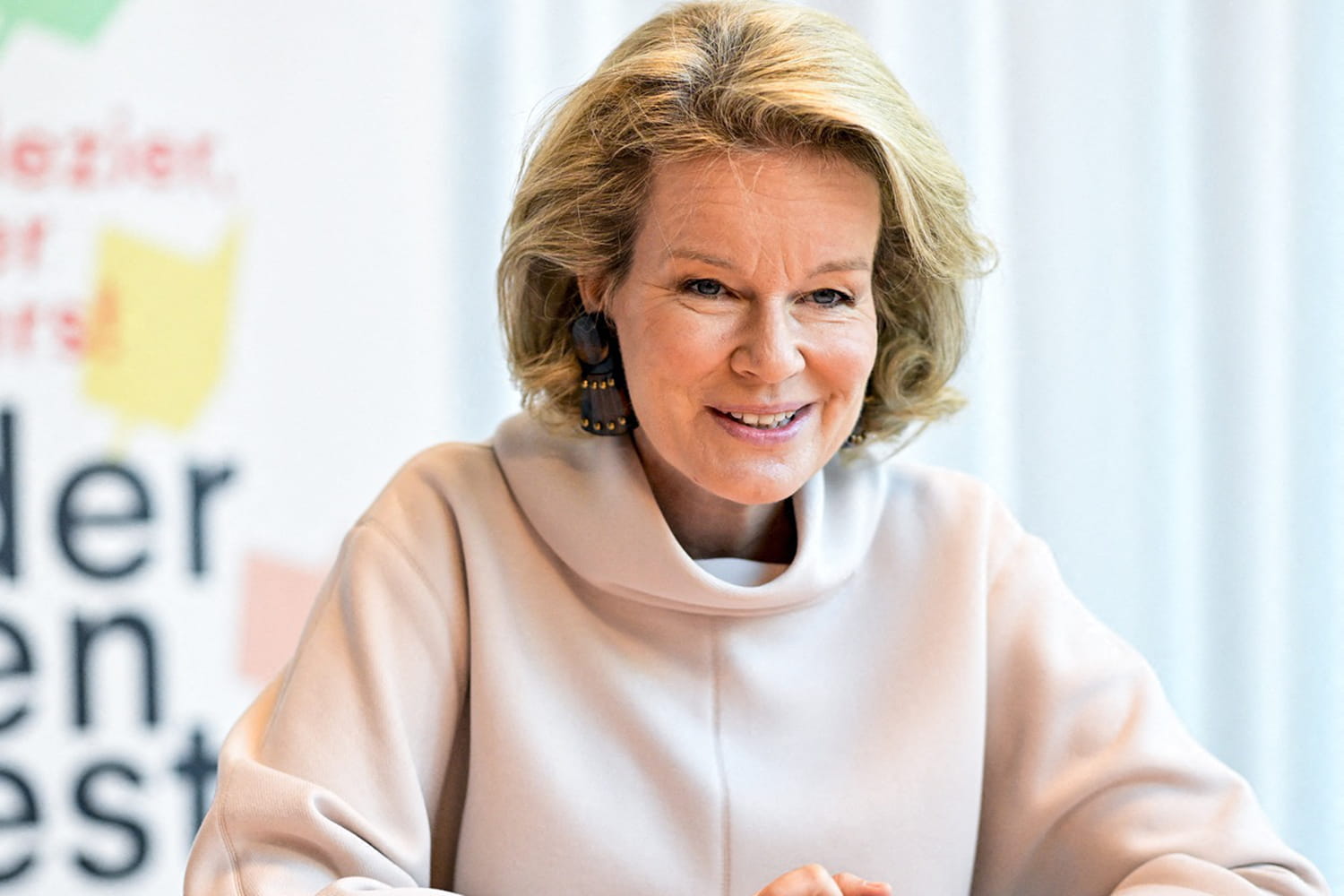It’s not enough to check society’s boxes to succeed in life.
We all aspire to succeed in life. Everyone wants their choices to have meaning, their efforts to lead somewhere and their journey to be recognized. From childhood, this idea is imposed on us, without really being given a definition. In adulthood, it persists: you have to check the right boxes, reach a sometimes vague ideal, without ever knowing when you can say that it is “successful”. Sometimes this quest conflicts with what we feel inside. Psychologist Erika Beaumel Yamamoto helps us understand what “success in life” really means.
In today’s society, success is often based on stereotypical and visible criteria: career, comfortable income, stable marriage, children, house, etc. This search is guided by a need for family, social and professional recognition. The more we feel valued in these three social groups, the more successful we feel in life. For example, the desire to have children can be confused with the fact of “to be perceived as an ideal family”explains the clinical psychologist. But these representations do not always correspond to what we desire and can confine us. “This can cause a form of confusion, of inner conflict”. Success then becomes a mirror, dependent on the gaze of others rather than on inner feelings. But then, what does it mean to “succeed in life”?
For our expert, true success translates into the feeling of inner peace: “Having a successful life is not defined by external or standardized criteria, but rather by daily satisfaction in being consistent with one’s needs.” She adds: “There is a subjective feeling of success” : everyone has their own benchmarks to know if they are living in harmony with themselves. This inner peace manifests itself in the ability to rejoice in small things, to have stable self-esteem or even in the ease of receiving compliments. To know if you are at peace, it provides an easy-to-spot sign: the natural impulse when you wake up. When we spontaneously feel the desire to tackle the day, it is a strong indicator of inner balance. Conversely, persistent fatigue, boredom or weariness reveals a misalignment with one’s deep needs.
Finding this peace, according to the psychologist, lies in self-knowledge. “We must learn to know ourselves in depth, to free ourselves from the projections of others”she insists. This allows you to clarify your own desires and to detach yourself from social or family expectations. She also advises reconnecting with your inner child, to find what still drives us today, and building a daily life. “more aligned with personal values”by adjusting your priorities and simplifying your choices. Because success in life cannot be decreed: it is felt, in the coherence between what we do and what we are.









